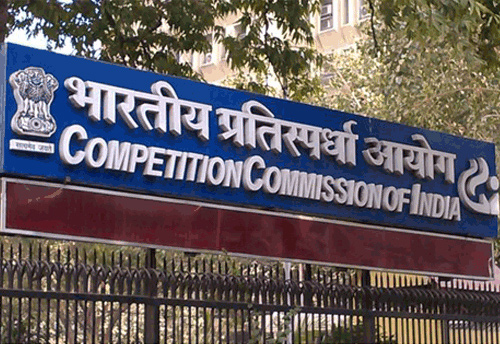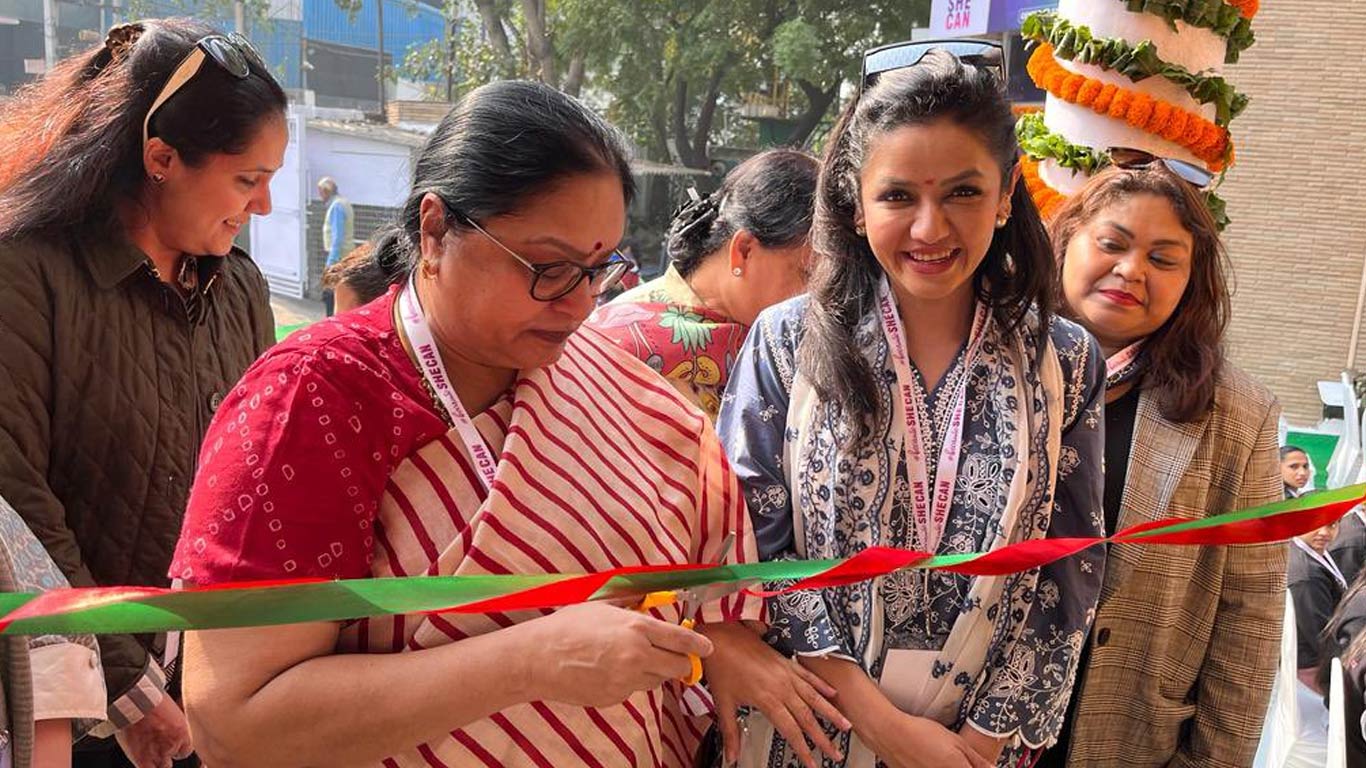One major factor that contributes to high drug prices in India is unreasonably high trade margins: CCI
Updated: Oct 24, 2018 11:15:41am

One major factor that contributes to high drug prices in India is unreasonably high trade margins: CCI
New Delhi, Oct 24 (KNN) The Policy Note on ‘Making Markets Work for Affordable Healthcare’ released by the Competition Commission of India highlights that one of the major factors that contributes to high drug prices in India is the unreasonably high trade margins.
The note says that high margins are a form of incentive and an indirect marketing tool employed by drug companies. Further, self-regulation by trade associations also contributes towards high margins as these associations control the entire drug distribution system in a manner that reduces competition.
“Efficient and wider public procurement and distribution of essential drugs can circumvent the challenges arising from the distribution chain, supplant sub-optimal regulatory instruments such as price control and allow for access to essential medicines at lower prices,” points out the note.
It suggested that electronic trading of drugs, with appropriate regulatory safeguards, could be another potent instrument for bringing in transparency andspurring price competition among platforms and among retailers, as has been witnessed in other product segments.
In a release, Ministry of Finance said over the nine years of enforcement of the Competition Act, 2002 (the Act), the Competition Commission of India (‘the Commission’) has received 52 cases pertaining to the pharmaceutical and healthcare sector.
The Commission, while deciding on the cases, has observed that information asymmetry in the pharmaceutical/healthcare sector significantly restricts consumer choice.
In the absence of consumer sovereignty, various industry practices flourish which have the effect of choking competition and are detrimental to consumer interest. Such practices may not always violate the provisions of the Act, but they create conditions that do not allow markets to work effectively and healthy competition to drive the market outcomes.
The response to these issues can, in many instances, take the form of appropriate regulations that can pre-empt market-distorting practices and help create pro-competition conditions.
As the competition authority of the country, the Commission felt the need for close examination and focused deliberations on these issues, which have implications for markets and competition in this sector of critical importance, the release said.
In pursuance of the same, a series of initiatives has been taken up by the Commission over the years in the pharmaceutical and healthcare sector.
The issues identified and recommendations suggested by the stakeholders have been documented in a Policy Note by the Commission titled ‘Making Markets Work for Affordable Healthcare’.
On Regulation and competition, the policy note says, “Owing to the multiplicity of regulators governing the pharmaceutical sector at the centre and state level, implementation of regulations is not uniform across the country. This has resulted in multiple standards of same products and also different levels of regulatory compliance requirements.”
It suggests that a mechanism may be devised under the aegis of the CDSCO to harmonise the criteria/processes followed by the state licensing authorities to ensure uniformity in interpretation and implementation.
It is also imperative to make the approval of new drugs time-bound along with publication of detailed guidelines governing each stage of new drug approval process, the policy note proposes.











